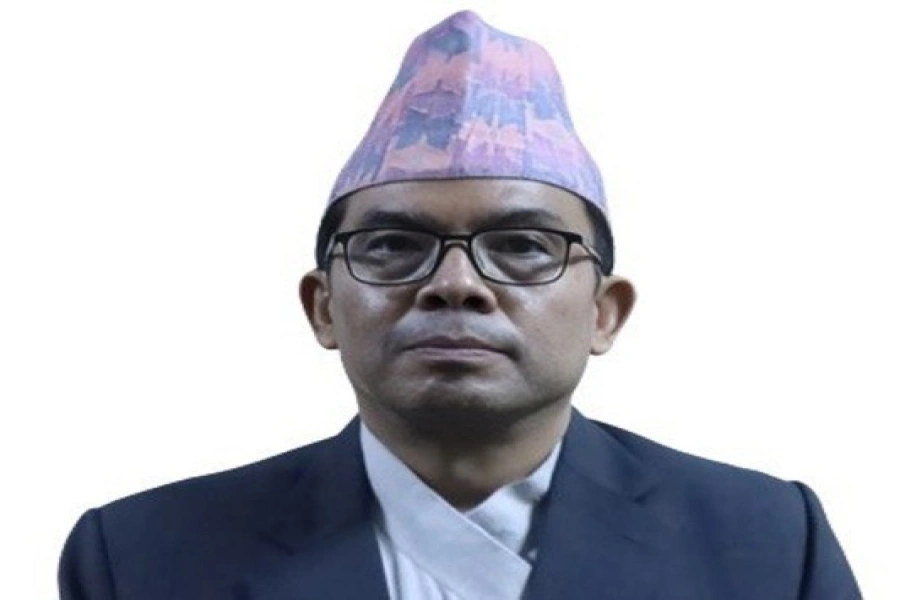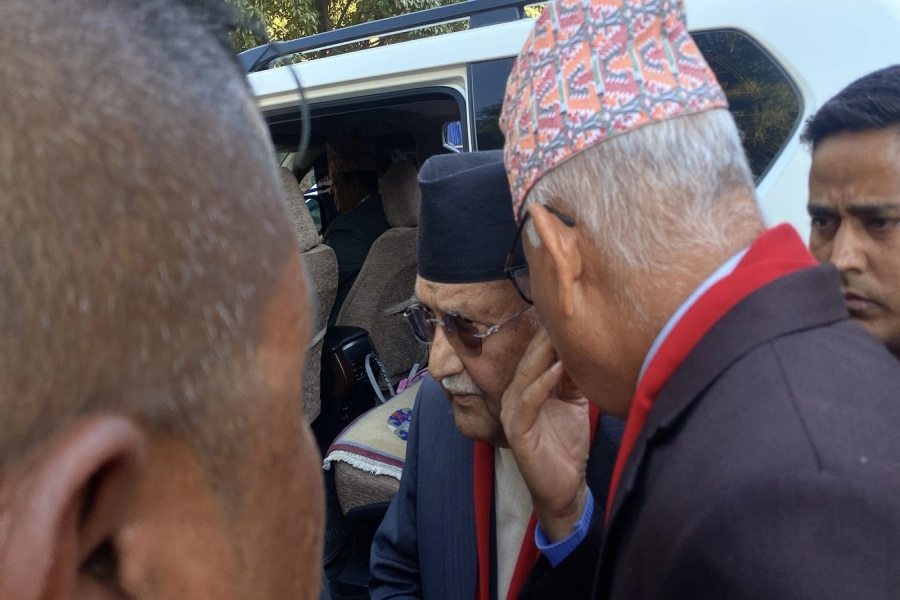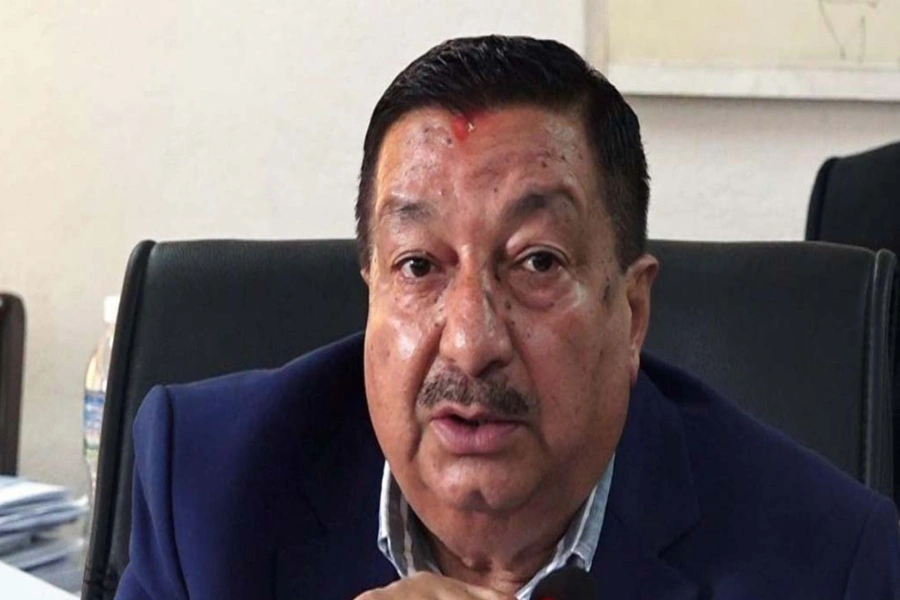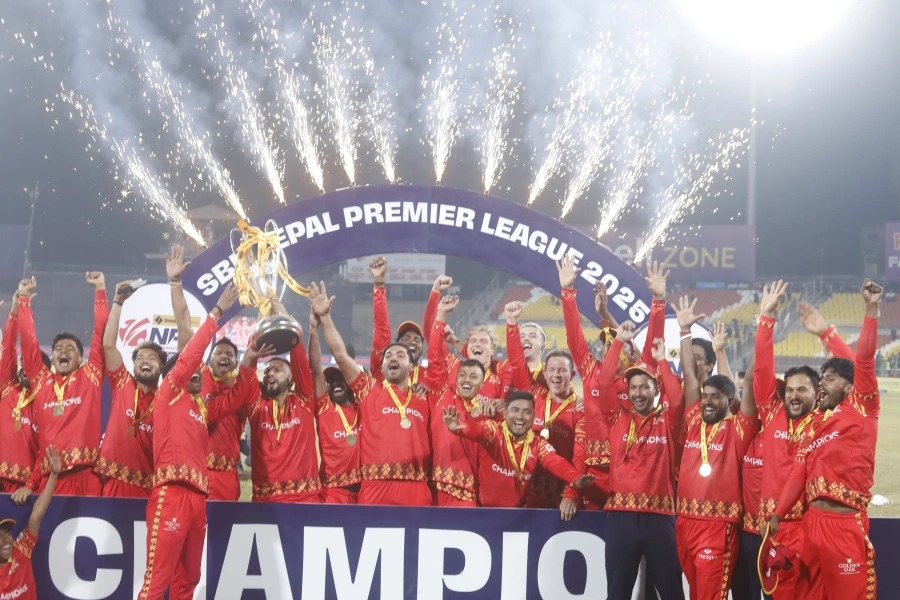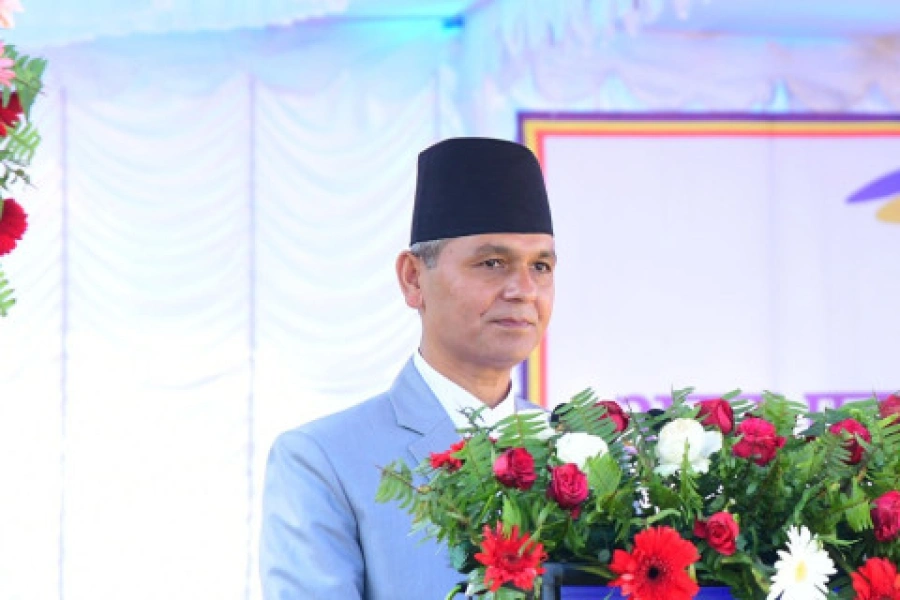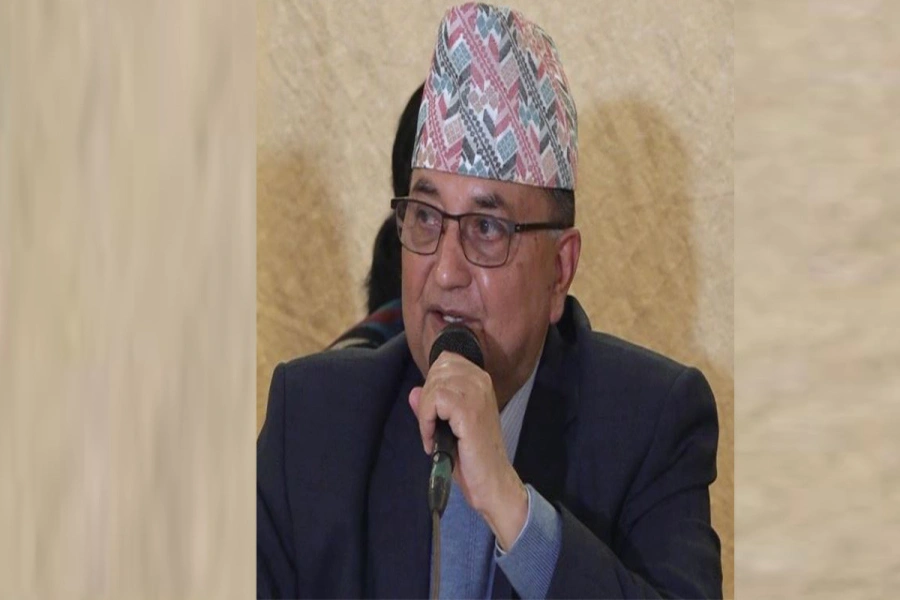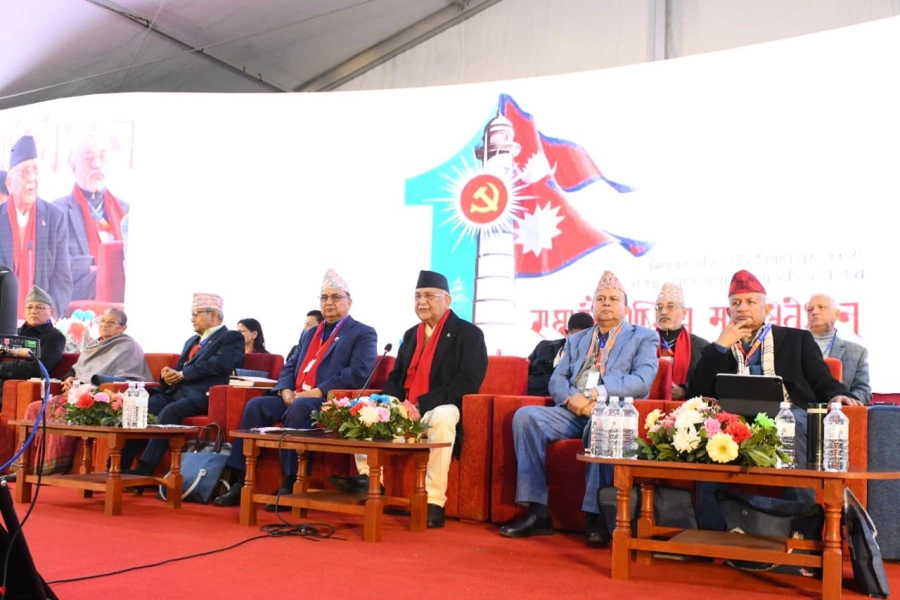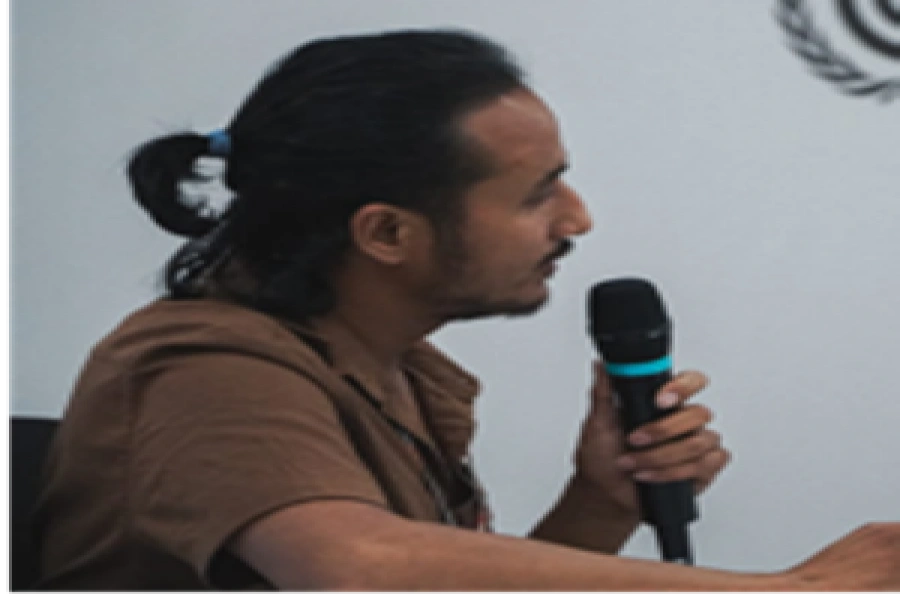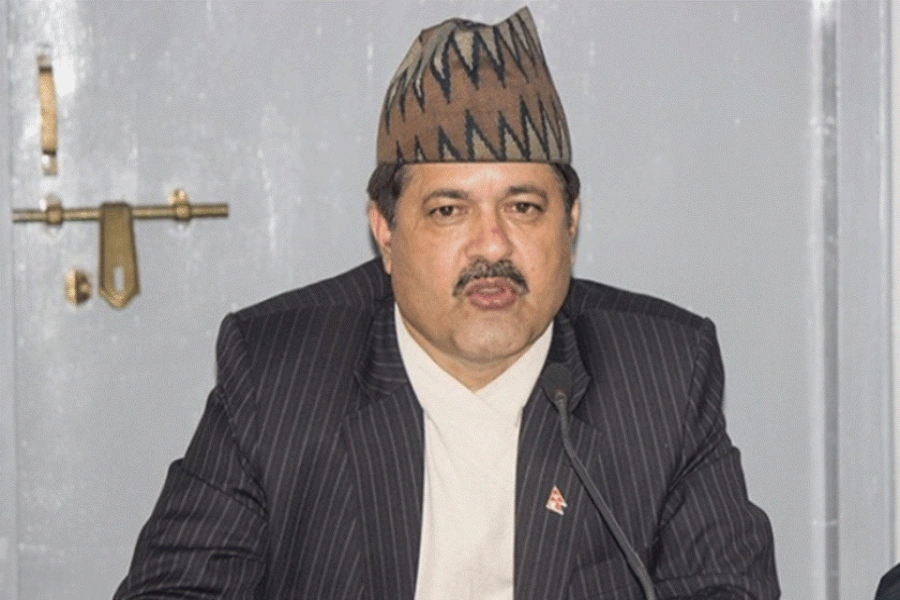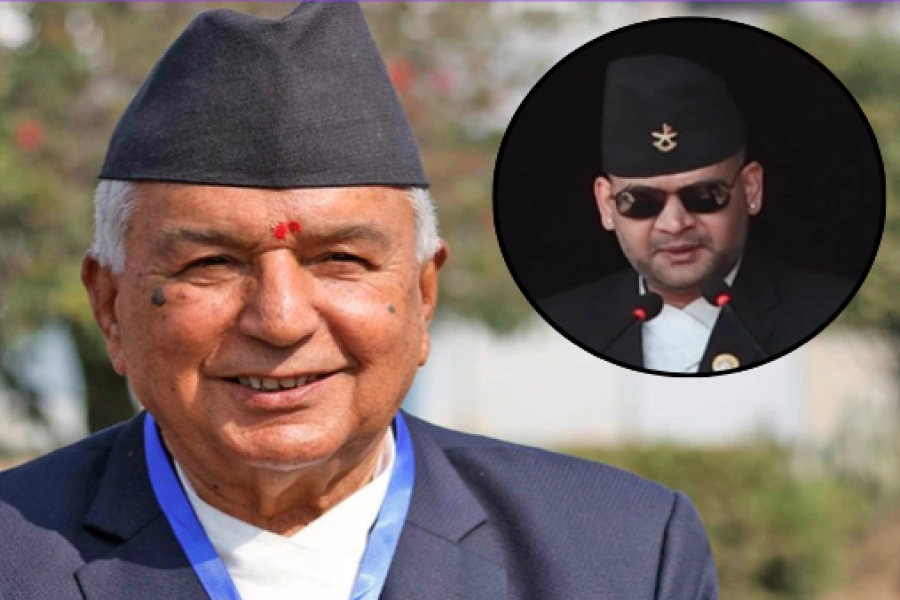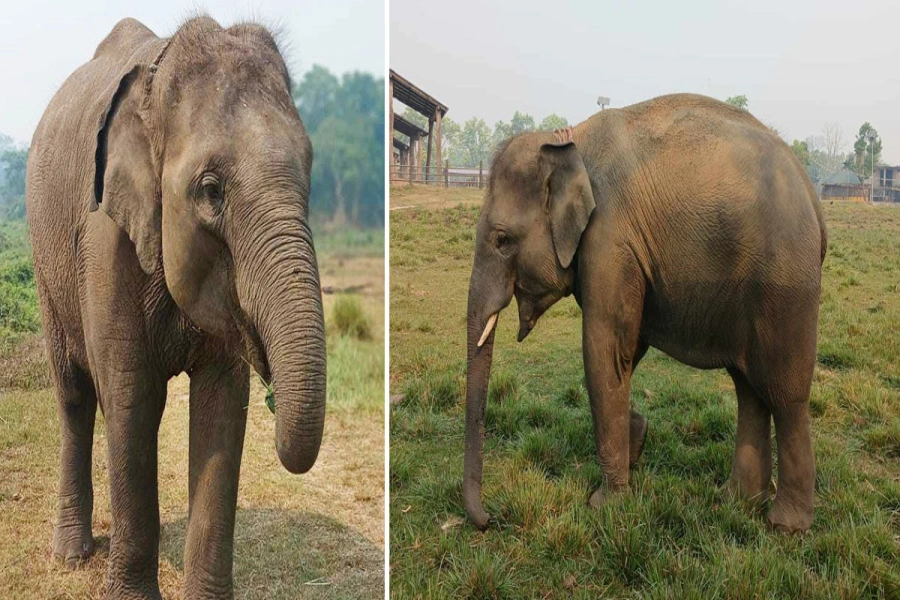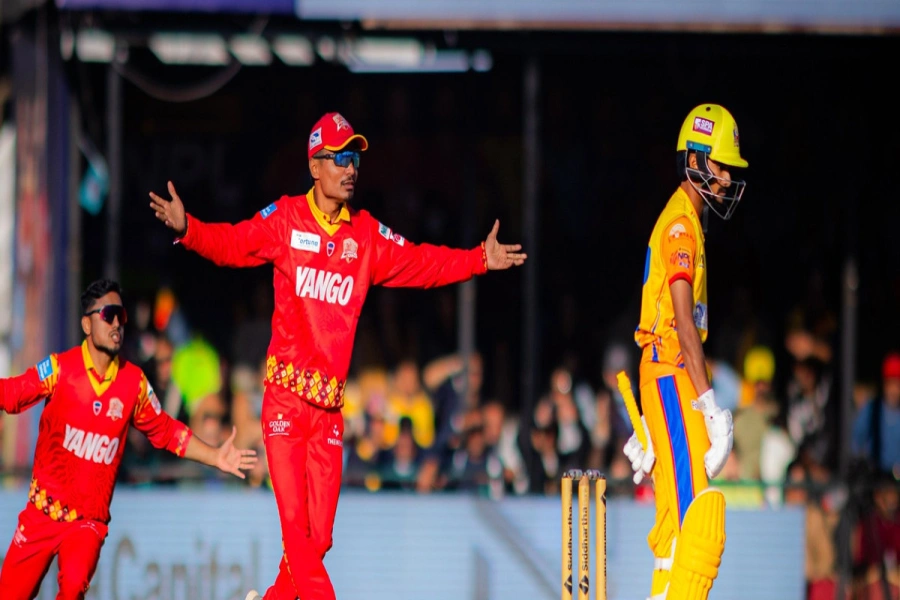NC among 10 major political parties in parliament that voted in favor of PM Dahal
KATHMANDU, Jan 11: The CPN-UML—the second largest political party in parliament—that broke the erstwhile ruling alliance led by Nepali Congress (NC) to form a new government led by the distant third party, CPN (Maoist Center), has significantly lost its ‘bargaining power’ in the new power-sharing equilibrium as Prime Minister Pushpa Kamal Dahal on Tuesday won vote of confidence with support of several ‘opposition’ parties including the Nepali Congress (NC).
Maoist Center Chairman Dahal, who was appointed as the prime minister with the support of only 169 of the total 275 lawmakers on December 25, received an overwhelming 268 votes in a rather surprising twist in the country’s politics, according to eldest lawmaker Pashupati SJB Rana, who presided the parliament meeting.
Of the total 270 lawmakers present during the voting in parliament, only two lawmakers—Chitra Bahadur KC of People’s Front Nepal and Prem Suwal of Nepal Workers and Peasants Party (NWPP)—chose to vote against Prime Minister Dahal, while four abstained from the meeting. This is probably the first time any prime minister in Nepal has received support from almost all political parties in parliament.
Of the total 275 members, one lawmaker—Tek Bahadur Gurung—belonging to Nepali Congress (NC) is currently suspended. Three lawmakers belonging to the NC abstained from the parliament meeting during the voting process and the eldest member Rana, who chaired the parliament meeting, did not participate in the voting process.
PM Dahal to take vote of confidence on March 22

According to the Federal Parliament Secretariat, the NC lawmakers, who chose to abstain from the voting process, include Manorama Sherchan, Kishor Singh Rathour and Ambika Basnet. This comes in the wake of a section of NC lawmakers standing against the proposal of NC President Sher Bahadur Deuba to give a vote of confidence to Dahal during the NC’s parliamentary party meeting held earlier on Tuesday.
Five NC lawmakers including General Secretary duo Gagan Thapa and Bishwa Prakash Sharma, Prakash Man Singh, Arjun Narasingh KC and Pradip Poudel even wrote a note of dissent during the PP meeting against the party’s decision to give a vote of confidence to Prime Minister Dahal.
Dahal was appointed as prime minister with the support of 169 parliamentarians including UML, Rastriya Swatantra Party (RSP), Rastriya Prajatantra Party, Janta Samajwadi Party (JSP), Janamat Party, Nagarik Unmukti Party and three independent lawmakers, as per Article 76(2) of the Constitution of Nepal. Two independent lawmakers had also expressed their support to Prime Minister Dahal.
In the 275-member HoR, the NC has a total of 89 lawmakers, while the UML has 79 lawmakers. Similarly, CPN (Maoist Center), Rastriya Swatantra Party, Rastriya Prajatantra Party, Janata Samajbadi Party, and CPN (Unified Socialist) have 32, 20, 14, 12 and 10 members, respectively. Likewise, Janamat Party has 6 members, Loktantrik Samajbadi Party 4 and Nagarik Unmukti Party 3 members in the parliament.
UML loses ‘key’ to the Dahal-led govt
With all major political parties including the NC—the largest political party in the parliament—voting in favor of Prime Minister Dahal, the UML—the main architect of the Dahal-led government has lost the ‘key’ to the government, and thus ‘bargaining power’ in the power-sharing deal among ruling parties.
As per the power-sharing deal reached between the UML and the Maoist Center before Dahal's appointment as the new prime minister, UML will have its candidates elected as the president and speaker of the House of Representatives (HoR). There has been an agreement to hold the post of speaker for the first two and half years by the UML and the remaining term by the Maoist Center candidate.
Political analysts say the UML, which was in a position to dictate the fate of the Dahal-led government until Tuesday, no longer holds the key to the new government. This has significantly diminished the ‘bargaining power’ of the UML to stake claim for the key state positions.
There has been agreement among parties to hold election to the Speaker of the House of Representatives (HoR) on January 19. Party insiders said that the ruling parties will extend support to the UML candidate as HoR Speaker, who serves as head of the legislative body.
However, not all ruling parties including the Maoist Center itself are positive about electing UML candidate to the post of president—the head of the state--, given the bitter-sweet experience with the incumbent President Bidya Devi Bhandari.
“Let alone other parties, the Maoist Center, which got the prime ministerial berth with the support of the UML, is not positive about giving the UML candidate the post of president. It is yet to be seen how the ruling parties reach power-sharing deals in the changed context,” said a senior NC leader, revealing that the NC looks forward to getting the presidential berth in the new political dispensation.
There has been an allegation that President Bhandari, formerly a leader of the UML, had acted at the behest of her mother party instead of acting as custodian of the constitution. The Maoist Center and the CPN (Unified Socialist) had taken to the streets against President Bhandari, who they alleged endorsed then Prime Minister K P Oli’s controversial move to dissolve parliament.
Talking to media persons after the vote of confidence in parliament on Tuesday afternoon, Prime Minister Dahal categorically denied having reached any agreement with the NC on the power-sharing deal as speculated by a section of people. Yet, Dahal’s success in making NC to vote in his favor in parliament is likely to bring trouble within the ruling alliance, with UML now increasingly looking at the Maoist Center with suspicion.
Political analysts say the current alliance may also break anytime soon if Prime Minister Dahal felt that he was denied free-hand in day to day activities of the government. “Our politics is full of surprises. With the latest development, you can expect more surprises in the near future,” said an NC leader, asking not to be named.




